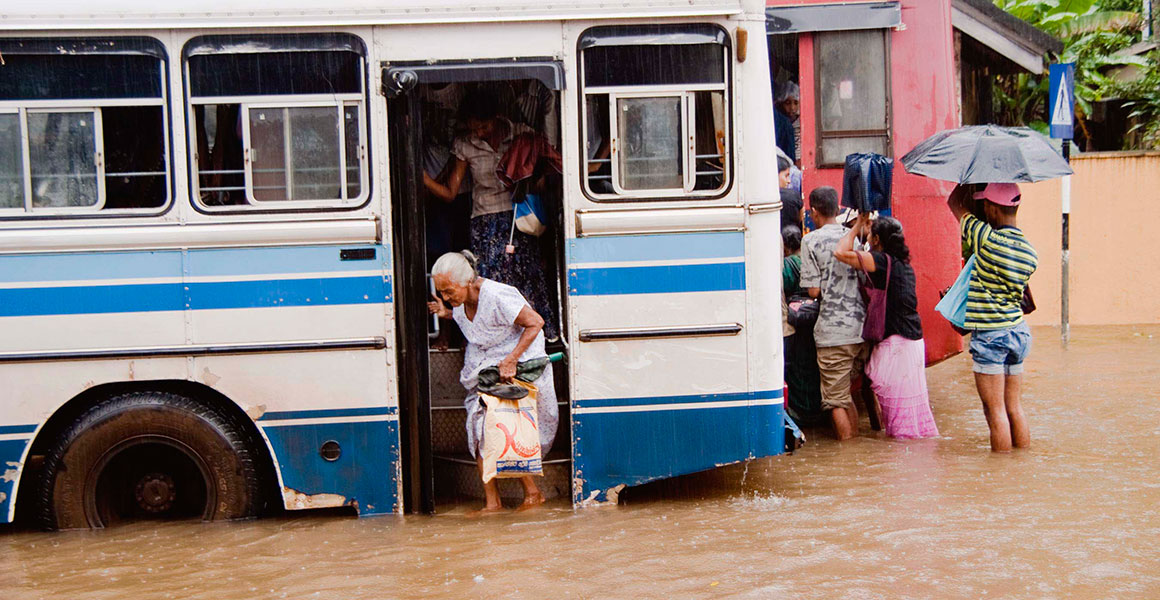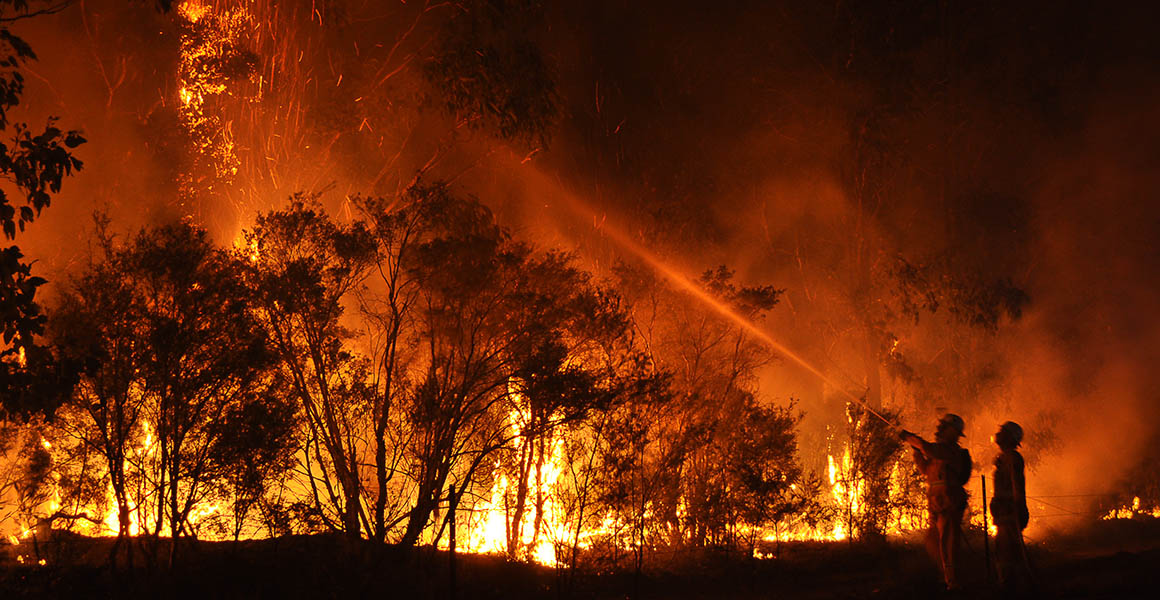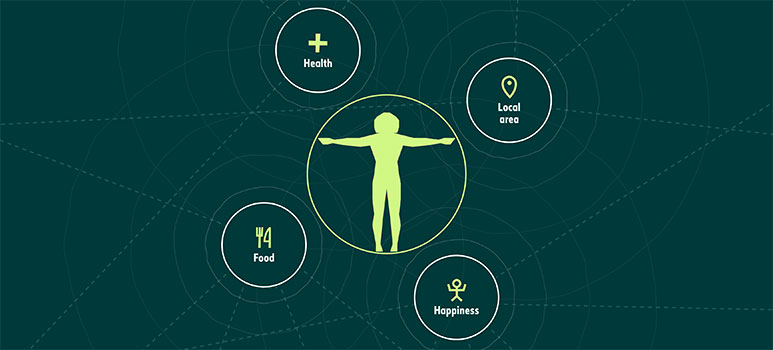Teacher notes
- Prior knowledge of this content is required for this activity but can be used to reinforce and demonstrate learning. SCN 3-05b
Planet Earth
Processes of the planet
I can explain some of the processes which contribute to climate change and discuss the possible impact of atmospheric change on the survival of living things. SCN 3-05b
- Explains how the levels of carbon dioxide in the atmosphere have increased over time, for example, through respiration of organisms, deforestation and increased combustion of fuels.
- Draws on supporting evidence, quotes and sources to demonstrate an association between carbon dioxide in the atmosphere and increasing global temperatures as a result of the greenhouse effect.
Third Level Scientific Skills
Inquiry and Investigative Skills:
Presents scientific findings:
- Communicates effectively in a range of ways, for example, orally and through scientific report writing
Scientific Analytical Thinking Skills:
- Applies scientific analytical thinking skills, with increasing independence, working with less familiar and more complex contexts.
- Demonstrates further development of creative thinking including through the engineering processes of design, construction, testing and modification.
Skills and Attributes of Scientifically Literate Citizens:
- Expresses informed views about topical scientific issues, including those featured in the media, based on evidence and demonstrating understanding of underlying scientific concepts.






